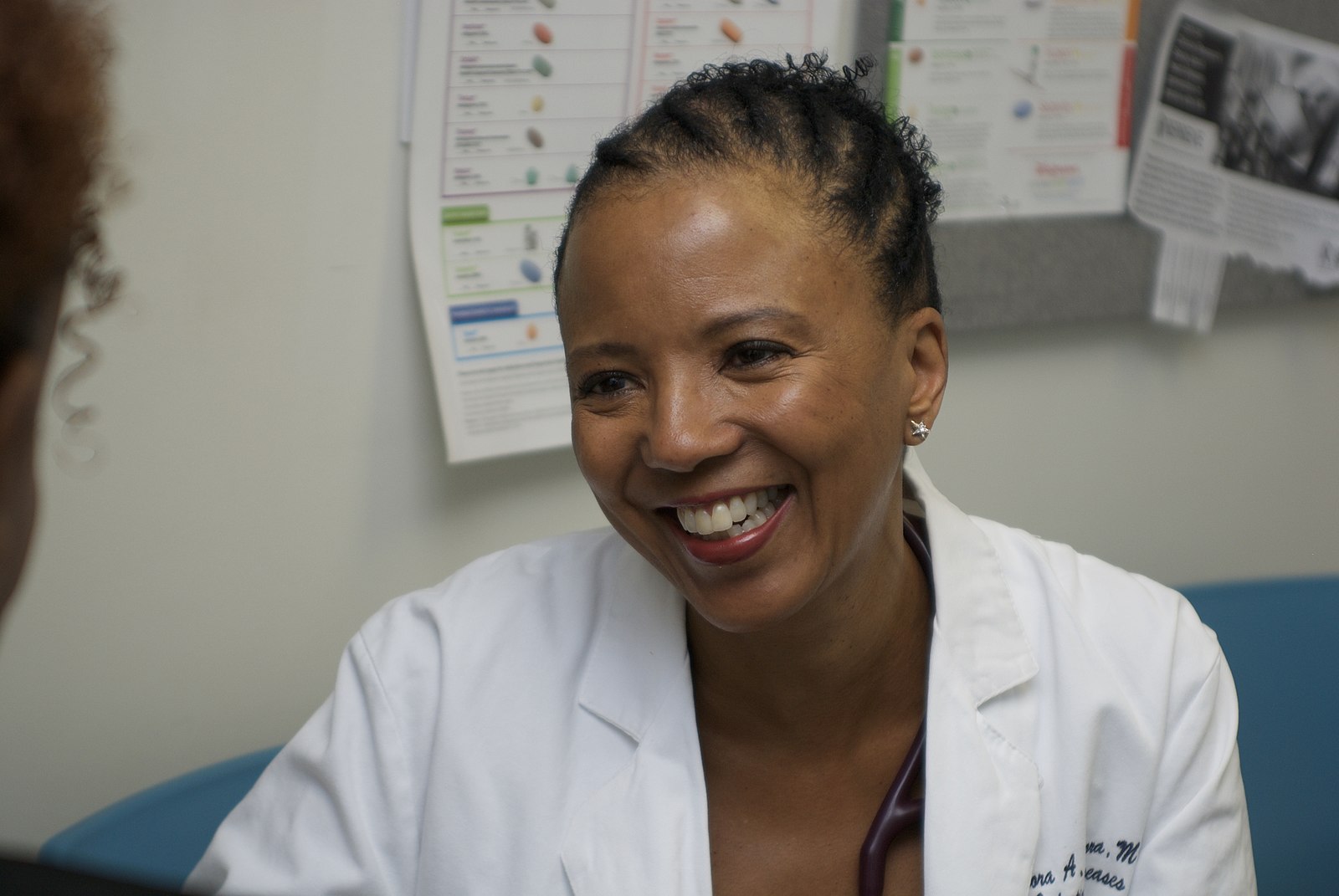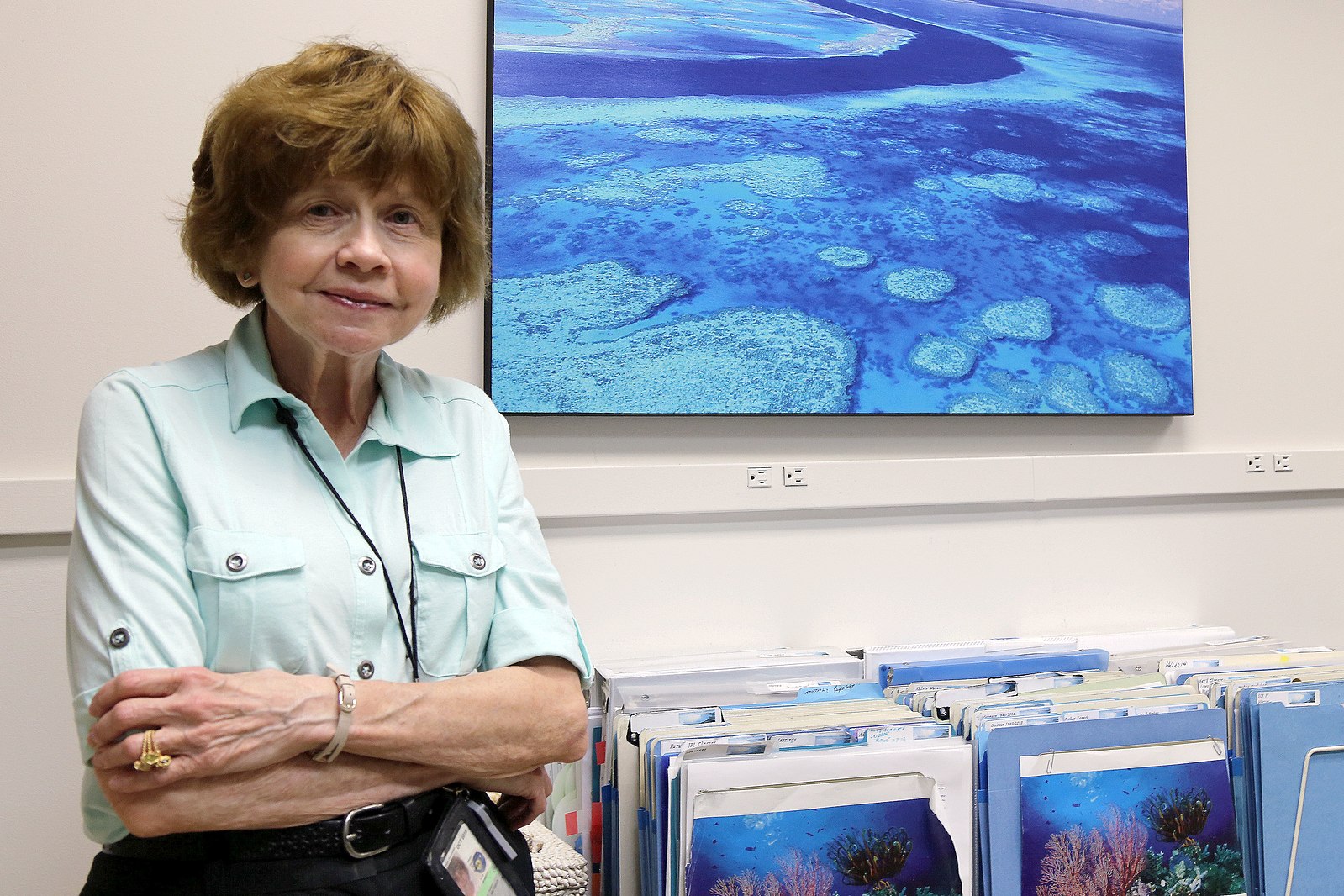Wikipedia is where people turn when they want to learn about science. Whether looking for information about health care, climate change, a medical condition, nuclear energy, space exploration, drug side effects, or human biology, it’s often the first stop we look. It’s also where citizens find information they need to make informed political decisions, and thus holds a great deal of potential for enhancing public understanding of importance of science in policy-making broadly and science policy topics in particular.
The quality of Wikipedia’s coverage of these areas, however, is uneven. As a project written by volunteers, Wikipedia does well with subjects that a lot of people know about. It’s an old observation about Wikipedia that it is better at Pokemon and Star Wars than law or poetry. Science policy articles need attention from people with knowledge of the subject. That’s why we were so excited to partner with the National Science Policy Network (NSPN) as part of its 2020 Election Initiative.
Between September and November, we trained 15 NSPN members as Wiki Scientists, working with them on Wikipedia, through Slack, and in Zoom meetings for 12 weeks to help them contribute their knowledge to the world’s most popular reference work.
In total, participants added 38,000 words to 96 articles, including the addition of 386 references! I’m excited to share some examples of the excellent work they’ve done in that time.
- The embryo article is a good example of the sort of big scientific topic that can easily be neglected on Wikipedia. Its scope is broad and it really benefits from the work of someone who comes to it with a broad understanding of the subject and the literature. One of the NSPN Wiki Scientists made major improvements to the page, correcting an overemphasis on human embryos (for which there is a separate article), expanding the article, rewriting the lead, and adding references.
- A Wiki Scientist also made a wide range of improvements to the 1,000-views-a-day pathogen article, another broad subject covering anything that can produce disease.
-

Adaora Adimora, MD at UNC Institute for Global Health & Infectious Diseases.
Image by Bradley Allf (CC BY-SA 4.0), uploaded to Wikimedia Commons by a Wiki Scientist.We have a new biography of Adaora Adimora, the Sarah Graham Kenan Distinguished Professor of Medicine and professor of epidemiology at the University of North Carolina School of Medicine. She researches the transmission of HIV and other sexually transmitted infections among minority populations.
- Water resource policy concerns one of our most fundamental resources and how it can be collected, prepared, used, and disposed of, taking into account human use and the environment. The incredibly important topic has had maintenance tags at the top of the article for several years, indicating it needed a lot of work. After this Wiki Scientists course, it is considerably improved, with new or rewritten/expanded sections, better organization, and more sources.
-

Jean Dickey at NASA Jet Propulsion Laboratory.
Image in the public domain, uploaded to Wikimedia Commons by an NSPN Wiki Scientist.A new article about Jean Dickey (1945–2018), a pioneering geodesist (someone who works to measure and understand Earth’s shape, orientation, and gravitational field) and particle physicist who worked at NASA’s Jet Propulsion Laboratory for 37 years.
- Another new article on the National Alzheimer’s Project Act, which led to the U.S. National Alzheimer’s Plan to increase spending on research, care, and public engagement regarding the disease.
- A biography of Miaki Ishii, Professor of Earth and Planetary Sciences at Harvard.
- The Nuclear Posture Review concerns the role of nuclear weapons in U.S. security strategy. Until this course, it only included coverage of the reviews conducted in 2002 and 2010. But there were two others, in 1994 and 2018. With the addition of these sections, the article helps readers gain a clearer picture of the development of national policy on one of the most serious topics imaginable.
- Several improvements to agriculture in California, converting a stub about an important topic in agriculture with little useful information into a solid article covering the use of water and environmental considerations.
These articles are great examples of why Wikipedia training courses like this are so important. They show the impact subject-matter experts can have on science policy content in particular, and science in general, on Wikipedia. They also illustrate a need to continue this work. As is the nature of Wikipedia, while a lot of great work has been done here, these articles are not complete and can still use work. Our hope is that Wiki Scientists who go through this course will continue to improve Wikipedia, but we also need to continue to introduce scientists to the public importance of Wikipedia as a tool for communicating science and policy information. It is for that reason that we are running another course focused on science policy open to NSPN members as well as other scientists interested to share their expertise on Wikipedia.
To see our current training courses that are open for registration, visit learn.wikiedu.org. For inquiries about partnering with Wiki Education, contact Director of Partnerships Jami Mathewson at jami@wikiedu.org.
